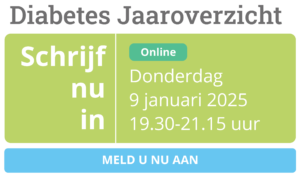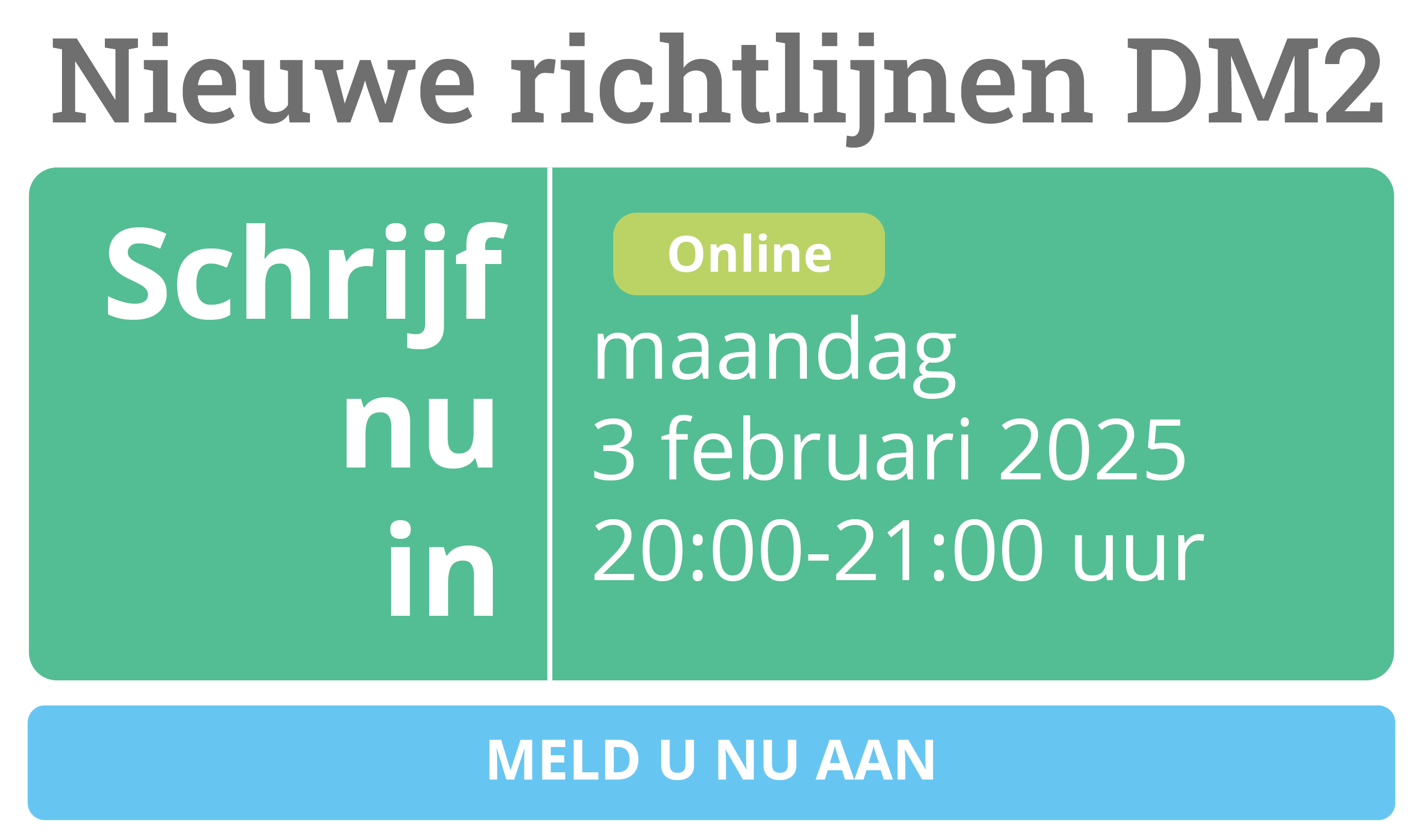OBJECTIVE
Continuous glucose monitoring (CGM) may be challenged by extreme conditions during cardiac surgery using hypothermic extracorporeal circulation (ECC).RESEARCH DESIGN AND METHODS
We evaluated the Dexcom G6 sensor in 16 subjects undergoing cardiac surgery with hypothermic ECC, of whom 11 received deep hypothermic circulatory arrest (DHCA). Arterial blood glucose, quantified by the Accu-Chek Inform II meter, served as reference.RESULTS
Intrasurgery mean absolute relative difference (MARD) of 256 paired CGM/reference values was 23.8%. MARD was 29.1% during ECC (154 pairs) and 41.6% immediately after DHCA (10 pairs), with a negative bias (signed relative difference: −13.7%, −26.6%, and −41.6%). During surgery, 86.3% pairs were in Clarke error grid zones A or B and 41.0% of sensor readings fulfilled the International Organization for Standardization (ISO) 15197:2013 norm. Postsurgery, MARD was 15.0%.CONCLUSIONS
Cardiac surgery using hypothermic ECC challenges the accuracy of the Dexcom G6 CGM although recovery appears to occur thereafter.



